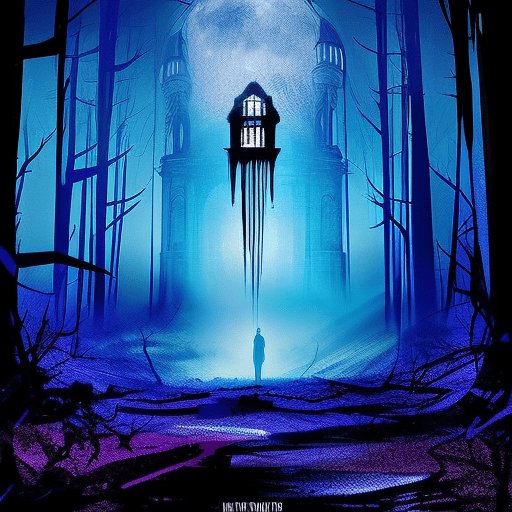The One-Line Summary
“Furious Hours: Murder, Fraud, and the Last Trial of Harper Lee” is a captivating true crime book that explores the story of a notorious Alabama serial killer and the trial that captivated the nation, as well as the enigmatic author Harper Lee’s attempt to write a book about the case.
The Story Unfolds
In “Furious Hours,” author Casey Cep delves into the intriguing story of Reverend Willie Maxwell, a black preacher accused of murdering five family members for insurance money in 1970s Alabama. Maxwell’s crimes were shrouded in mystery and superstition, as he seemed to possess the ability to avoid conviction despite mounting evidence against him. However, his reign of terror came to an abrupt end when he was gunned down at his stepdaughter’s funeral by a relative seeking revenge.
Harper Lee’s Fascination
The book also explores the life and career of Harper Lee, the acclaimed author of “To Kill a Mockingbird.” After the success of her debut novel, Lee struggled to write another book that would live up to the expectations set by her literary masterpiece. However, she found herself captivated by the story of Reverend Maxwell and the trial that followed his death. Lee spent years researching the case and even traveled to Alabama to attend the trial, hoping to write a true crime book that would rival Truman Capote’s “In Cold Blood.”
The Trial of Robert Burns
The third part of “Furious Hours” focuses on the trial of Robert Burns, the man accused of killing Reverend Maxwell. Burns, a relative of one of Maxwell’s victims, was hailed as a hero by some for taking justice into his own hands. However, his trial became a media sensation, with the defense arguing that Burns was driven to murder by the trauma inflicted upon his family by Maxwell. The trial showcased the racial tensions and deep-rooted prejudices that still plagued the South at the time.
Key Takeaways
- Reverend Willie Maxwell’s crimes and the subsequent trial shed light on the flaws and biases within the criminal justice system.
- Harper Lee’s fascination with the case and her attempt to write a true crime book highlight the challenges faced by successful authors trying to follow up on their initial success.
- The trial of Robert Burns exposes the racial tensions and prejudices that persisted in the South during the 1970s.
“She had been trying to write a book about a serial killer in Alabama, and she had failed.”
In “Furious Hours: Murder, Fraud, and the Last Trial of Harper Lee,” Casey Cep weaves together a captivating narrative that combines true crime, legal drama, and the enigmatic life of Harper Lee. Through the story of Reverend Willie Maxwell and the trial of Robert Burns, Cep explores themes of justice, race, and the pursuit of literary success. The book offers a fascinating glimpse into the mind of one of America’s most beloved authors and the dark underbelly of the criminal justice system.












